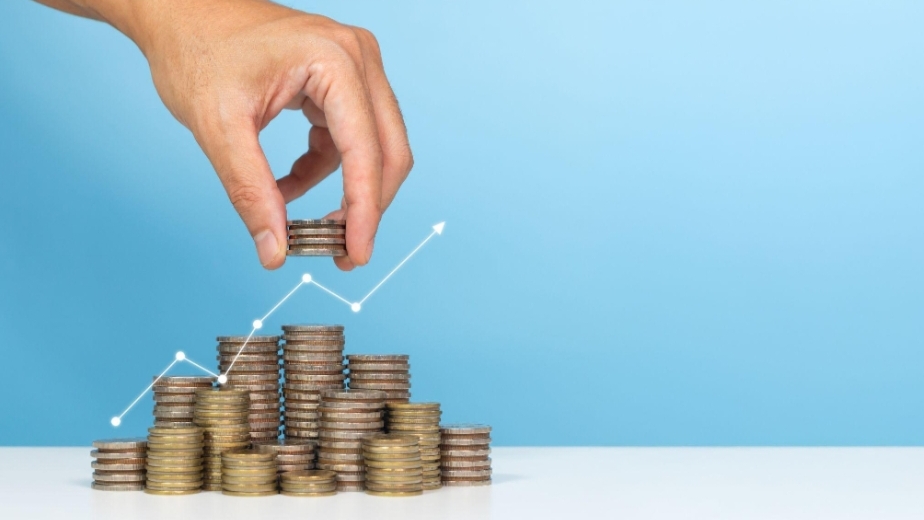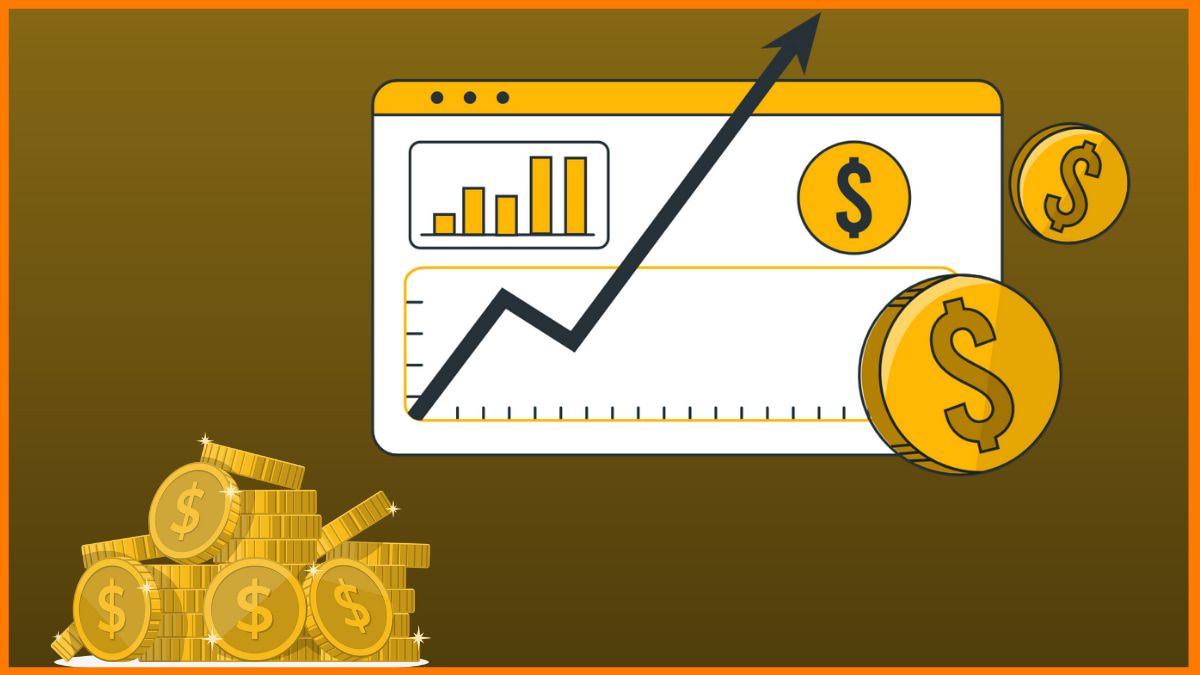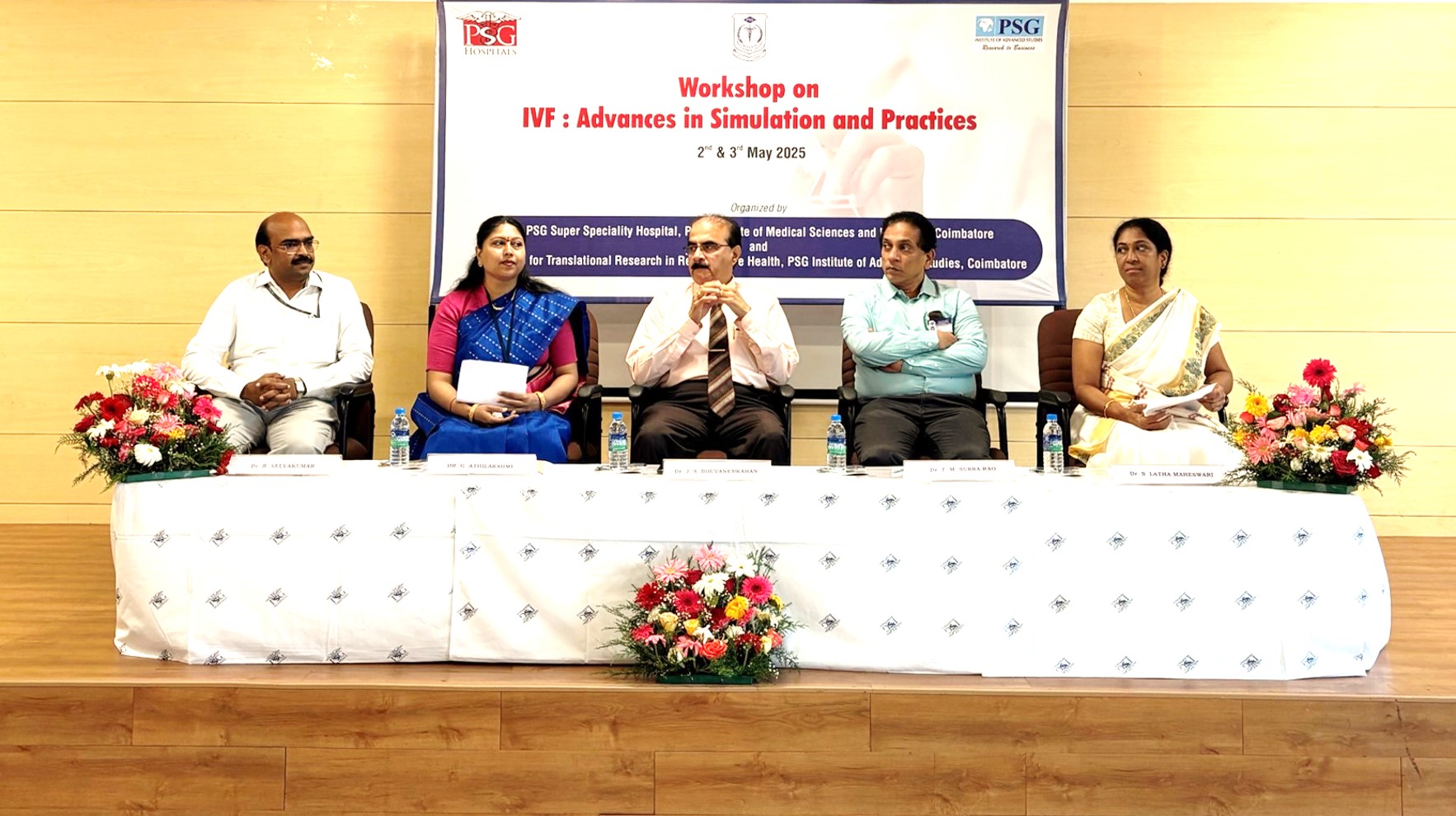Trending Now
- Alliance talks between AIADMK and BJP are ongoing. An announcement will be made at the right time – Union Home Minister Amit Shah.
- Vijay spoke about TVK vs. AIADMK only to motivate party workers – AIADMK General Secretary Edappadi K. Palaniswami.
- South Indian audiences are not interested in Hindi films, which is why they don’t succeed – Salman Khan.
- KL Rahul joins Delhi Capitals; the team will face Hyderabad tomorrow.
Business
Tackling petrol, diesel price rise: Three options in front of the govt, all unpalatable
![]() May 22, 2018
May 22, 2018
Three possible solutions — none of them palatable — stare at the government and the ruling party BJP as they contemplate limiting the damage caused by rising petrol and diesel prices across the country. Anger and frustration is building up among the masses as petrol hit Rs 76.57 per litre and diesel Rs 67.82 per litre-both lifetime highs in Delhi. In Mumbai petrol hit Rs 84.4 per litre and diesel Rs 72.21.
The first is to reduce excise charged by the Centre and VAT charged by the states. In April, taxes amounted to 47 per cent of price paid by the consumer in petrol and 38 per cent in diesel. But every Re 1 reduction in taxes per litre of fuel causes a Rs 13,000 crore annual loss to the exchequer. Neither the Centre nor the states have the financial strength or the willingness to take this hit.
The second solution is to bring fuel under GST which has been dangled as a lollipop for a long time but never delivered upon. After all, it is a very bitter pill to swallow for both the Centre as well as the states. Even at a prohibitive 18 per cent GST, petrol would barely cost Rs 45.75 per litre in Delhi. However, it requires the Centre and the states to together take a very courageous haircut. Bringing fuel under the GST will reduce the government revenue from tax collected from fuel by nearly Rs 2 lakh crore. Centre and states earned Rs 4.63 lakh cr in 2016-17 from fuel taxes, up from Rs 2.87 lakh crore in 2014-15.
Unless, of course, the government decides to charge GST at 28 per cent or even higher 40 per cent meant for luxury goods and products. But that will attract criticism since fuel is not exactly a luxury item. Option 2 is an even tougher call to take.
The third is a geo-political option. India, Japan and China are among the Asian countries that pay a higher price for procurement of crude from OPEC nations. This is called the ‘Asian premium’ and it could be as high as $3-8 per barrel of crude procured. It’s a practice that Asian nations have been unable to overcome since 1987 when Saudi Arabia moved to the market-based pricing mechanism and Asian nations began buying as per the Dubai/Oman crude oil benchmark rather than the Brent Crude benchmark of Europe or the Western Texas Intermediates benchmark of the US. Even though the Asian nations have threatened creating a common crude buying mechanism to raise their buying power, this problem has not been overcome yet. Any possible commitment from OPEC to do away with the Asian premium will give the government the confidence to cut taxes since it will be assured that its import bill may be under control, at least for some time.
With international crude price crossing $80 per barrel and settling just below that yesterday, petrol and diesel are on fire. India’s crude basket which was at $52.49 in April 2017 is now well over $72. If crude gets to $100, India’s price could be $93 for the full year, according to a report released by the SBI. That’s nearly double of 2016-17.
Petroleum Minister Dharmendra Pradhan has promised a ‘solution’, but with both Centre and states sticking to their guns on not reducing taxes, one wonders what that solution will be. On the question if the Centre will ask the states to make fuel tax free in their states, petroleum minister Dharmendra Pradhan said, “That is not possible. How will you get roads in your village? How will you get development in your village if state government does not charge any tax on petroleum products?”
The least bitter pill to swallow right now is to agree between them to reduce both Excise and VAT gradually. And that’s likely too.
























